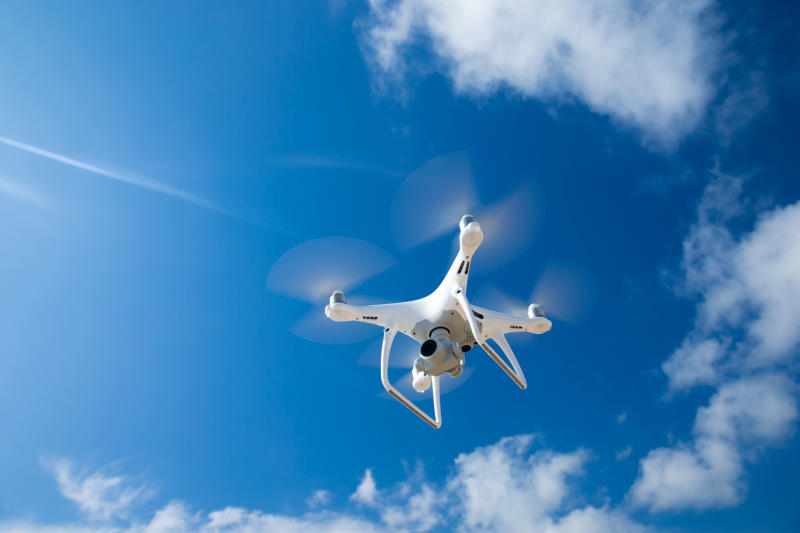Rules for owning and operating a drone in Kenya
Ownership and use of devices is regulated by the Kenya Civil Aviation Authority. Eunice Nyiero info@airspacenews.co.ke Introduction The drone industry is one of the fastest-growing industries in the world today. With technological frog leaps, it is nearly impossible to keep track of all upgrades available. Also known as Unmanned Aircraft Systems (UAS), they have several uses, including industrial inspections, aerial photography, border patrol, emergency deliveries, crop surveys and recreation. The economic implications of commercial drone use cannot be gainsaid. The global drone market size is estimated to be worth $7.7 billion (Sh924 billion) as of this year and is forecast to a readjusted size of $17.52 billion (Sh8.65 trillion) by 2028 with a compound annual growth rate of 14.7 per cent over the review period. In future, the commercial use of drones will predominantly affect agriculture and infrastructure, having a greater impact on the two sectors. Locally, the drone industry has the potential to create employment and deliver problem-solving technologies across various industries. However, having more drones in the skies raises several privacy and safety concerns, ranging from spying, collisions and crashes, cyber-attacks and terrorism. To ensure safe drone operations, it is necessary to train and educate operators of drones as well as ensure compliance with laws and regulations set up by the authorities. REGISTRATION AND OPERATION OF DRONES In Kenya, the ownership and use of drones are regulated by the Kenya Civil Aviation Authority (KCAA), which has gazetted several laws regulating the same. KCAA categorises drones based on the risks posed by their operations from low risks to high risks under categories A, B, and C. Further, the regulator looks at other considerations such as the purpose of the drone and the risk to public safety and security before considering whether or not to issue approvals to authorise operations. Individuals and organisations importing drones into the country are required to pay an importation fee of Sh3,000 and a similar amount to register their devices with KCAA. To fly a drone in Kenyan airspace, pilots are required to obtain a Remote Operators Certificate (ROC) that is issued for Sh80,000 with an annual renewal cost of Sh50,000. Sellers of drones and those operating drone training academies pay similar fees. You also need an airworthiness certificate at Sh5,000 in addition to other charges ranging between Sh2,000 and Sh5,000 for services and certifications such as “beyond visual line of sight.” A “radio telephone exam” also applies. OWNERSHIP Only Kenyan citizens, residents, companies and county and national governments are allowed to own a drone in Kenya. Foreigners can only lease the devices locally. The UAS Regulations, 2020 provide for a 30-day permit that is issued to travellers for Sh20,000. In addition to the permit, foreigners also need an airworthiness certificate at a cost of Sh5,000. BE NICE Once you have received approval to operate your drone, make sure that you: (i) Don’t fly your drone over people or crowds of people. (ii) Respect other people’s privacy when flying your drone. (iii) Do not fly your drone near military installations, power plants, or other areas that could concern local authorities. (iv) Fly your drone during daylight hours and in good weather conditions. (v) Do not fly your drone near airports or in any area where aircraft operate. CONCLUSION The drone industry presents a huge opportunity to Kenyans for job and wealth creation. The government needs to reduce the cost of compliance, which is currently quite high. The risks that are borne out of the use of drones also need to be mitigated by ensuring compliance with regulations. In case you wish to own and operate a drone, kindly seek the assistance of an aviation lawyer who can walk you through the procedure.

